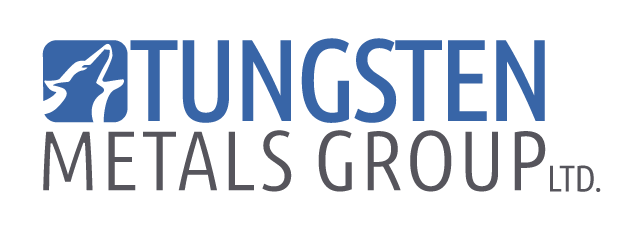Ferro-tungsten Production Beyond China and Russia - Crucial for Supply Chain Stability
ferro-tungsten production outside of Russia and China is becoming key for building stable supply chains. This alloy is essential in a wide range of applications, including defence, aerospace, and energy.
The current geopolitical climate is typified by tensions between the United States and China and the Russia-Ukraine crisis. Because of this, securing robust sources for ferro-tungsten production is even more vital.
1. The Importance of Ferro-tungsten
Ferro-tungsten is a tungsten containing iron-based alloy. This superalloy, known for its impressive qualities like strength, wear and heat resistance, is used in countless industries. These span from aerospace to defense and energy. Some key applications of ferro-tungsten include aircraft turbine blades, armour piercing projectiles, and heating elements for generating power.
2. Navigating the Current Geopolitical Environment
China is the world's largest producer of ferro-tungsten. China accounts for around 80% of total output. Russia is also a major producer, accounting for approximately 15%. The Ukraine conflict is pushing NATO stockpiles of tungsten to breaking point. Meanwhile, tensions between the US and China are rising over China's intentions towards Taiwan and their development in the South China Sea. Given the uncertainty surrounding both these leading global tungsten producers, concerns are growing about the integrity of tungsten supply chains.
3. Increasing the Diversity of Ferro-tungsten Sources
Western nations are actively investigating ferro-tungsten diversification strategies. The primary goal of this recent approach is reducing reliance on China and Russia. This can be achieved by boosting ferro-tungsten production in countries with significant tungsten reserves but low manufacturing capabilities. These include nations such as Vietnam and Bolivia. There is also simultaneous need to invest in novel tungsten extraction and processing technology. Environmentally friendly methods, such as hydro metallurgy, hold promise for extracting tungsten from low-grade ores while causing the least environmental harm.
4. The Advantages of Stable Supply Chains
Supply chain disruptions can cause production delays, increased costs, and decreased competitiveness. These issues pose substantial economic and national security implications. Robust supply chains are critical for guaranteeing energy security. This is because most renewable technologies heavily rely on ferro-tungsten alloys. Any disturbance in the ferro-tungsten supply chain may impede the adoption of these technologies.

